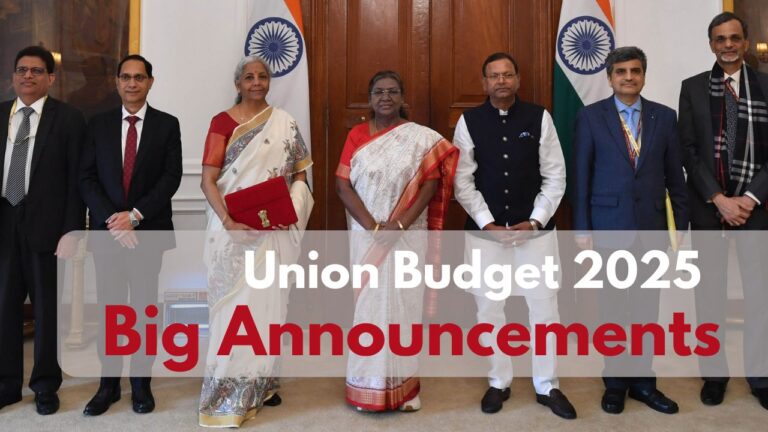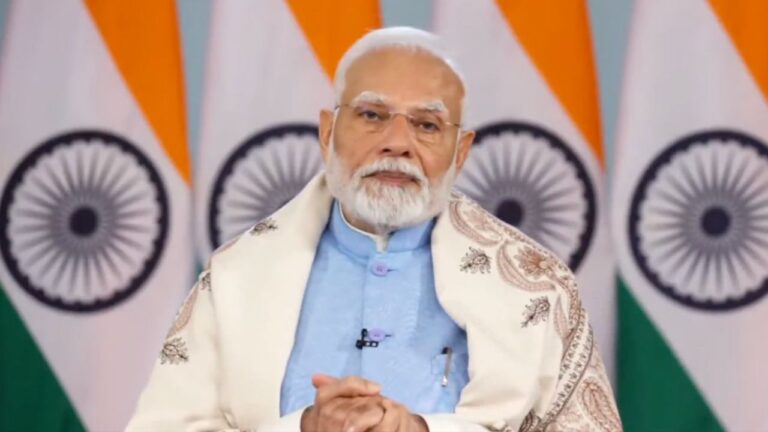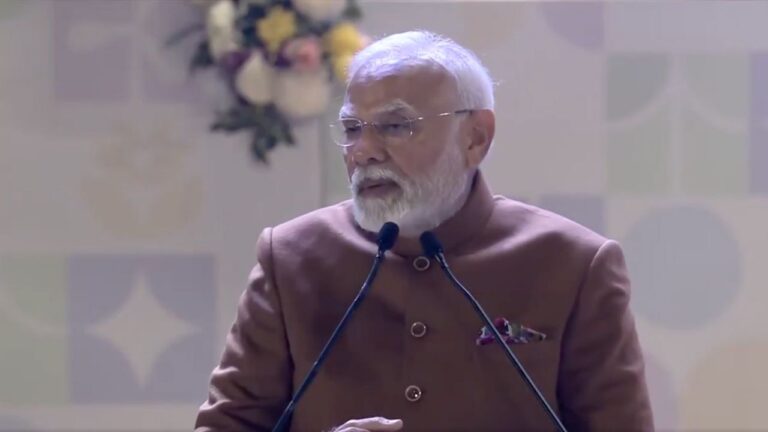
Ease of Giving Up: A Modern Phenomenon Impacting Human Connections
In the fast-paced world of the 21st century, a peculiar trend has emerged – the increasing ease with which individuals choose to give up on relationships, goals, and challenges. The concept of “giving up” has seeped into various aspects of our lives, be it in the workplace, friendships, familial relationships, or even personal aspirations.
This phenomenon raises questions about the societal fabric and the emotional well-being of individuals, as they navigate a landscape where comfort and instant gratification often overshadow perseverance and connection.
Workplace Dilemma
In the modern workplace, the dynamics have changed significantly. With technology enabling remote work and instant communication, the exchange of ideas and viewpoints is both easier and more complex. However, when colleagues fail to appreciate an individual’s perspective, the tendency to give up on them has become prevalent. This approach can hinder collaboration and stifle innovation, as diverse viewpoints are essential for growth and progress.
Fractured Friendships
Friendships are no exception to this growing trend. In an era of individualism and choice, even the most seemingly trivial differences can lead to the dissolution of friendships. Rather than engaging in constructive conversations to understand each other’s viewpoints, individuals often choose the path of least resistance – giving up on the friendship altogether. This avoidance of conflict may provide temporary relief but can result in the loss of meaningful connections that contribute to personal growth.
Strained Family Bonds
The generational gap has always been a challenge, but in recent times, it seems to be growing wider. Parents often struggle to comprehend the rapid changes brought about by modernity and technology. In response, some individuals choose to give up on trying to bridge this gap, dismissing their parents’ perspectives as outdated. However, maintaining a strong connection with family members, despite differing viewpoints, is crucial for fostering understanding and empathy.
Abandoning Goals and Challenges
The digital age has transformed the way we pursue goals and confront challenges. As solutions become more readily accessible and instant gratification prevails, the determination to overcome obstacles has wavered. Individuals are increasingly prone to abandon their aspirations at the first sign of difficulty, seeking paths of least resistance. This shift not only impacts personal growth but also weakens the resilience that comes from facing and overcoming challenges.
The Toll on Emotional Well-being
The ease of giving up may seem like a shortcut to avoid discomfort, but it comes at a cost. Human connections are vital for emotional well-being, and relationships – be it in the workplace, friendships, or family – contribute significantly to a person’s sense of belonging and happiness. By consistently choosing to give up, individuals risk isolating themselves emotionally and creating a culture of detachment.
Preserving the Fabric of Society
Modern society is marked by its complexity, diversity, and interdependence. While comfort and convenience have their place, they should not overshadow the value of perseverance, empathy, and compromise. To preserve the fabric of society, it’s important to resist the urge to give up and instead embrace the challenges that come with maintaining relationships and pursuing meaningful goals.
Conclusion
The “ease of giving up” is a phenomenon that has infiltrated modern life, impacting our relationships, aspirations, and overall emotional well-being. While the allure of immediate relief from discomfort may be tempting, the long-term consequences of giving up on meaningful connections and goals cannot be overlooked. As we navigate this era of rapid change and technological advancement, it’s essential to recognize the value of perseverance, empathy, and resilience in maintaining the richness of human experiences and the societal fabric that binds us together.



